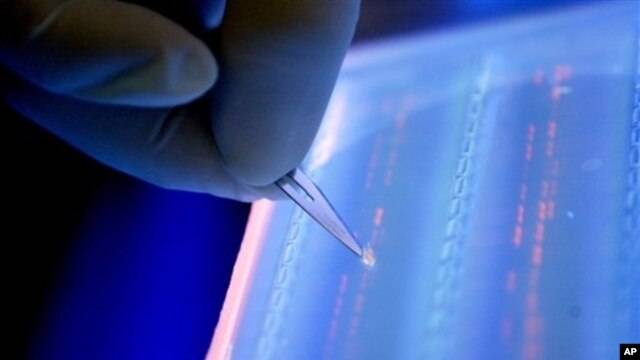BDBoop
Platinum Member
- Banned
- #1
Girl Programs Artificial 'Brain' to Diagnose Breast Cancer | LiveScience
Wow!!
A high school junior has created a computer brain that can diagnose breast cancer with 99 percent sensitivity. Seventeen-year-old Brittany Wenger of Sarasota, Fla., wrote a breast cancer-diagnosing app based on an artificial neural network, basically a computer program whose structure is inspired by the way brain cells connect with one another. She won grand prize at the Google Science Fair for her invention in ceremony held in Palo Alto, Calif. last night (July 23).
Wow!!





